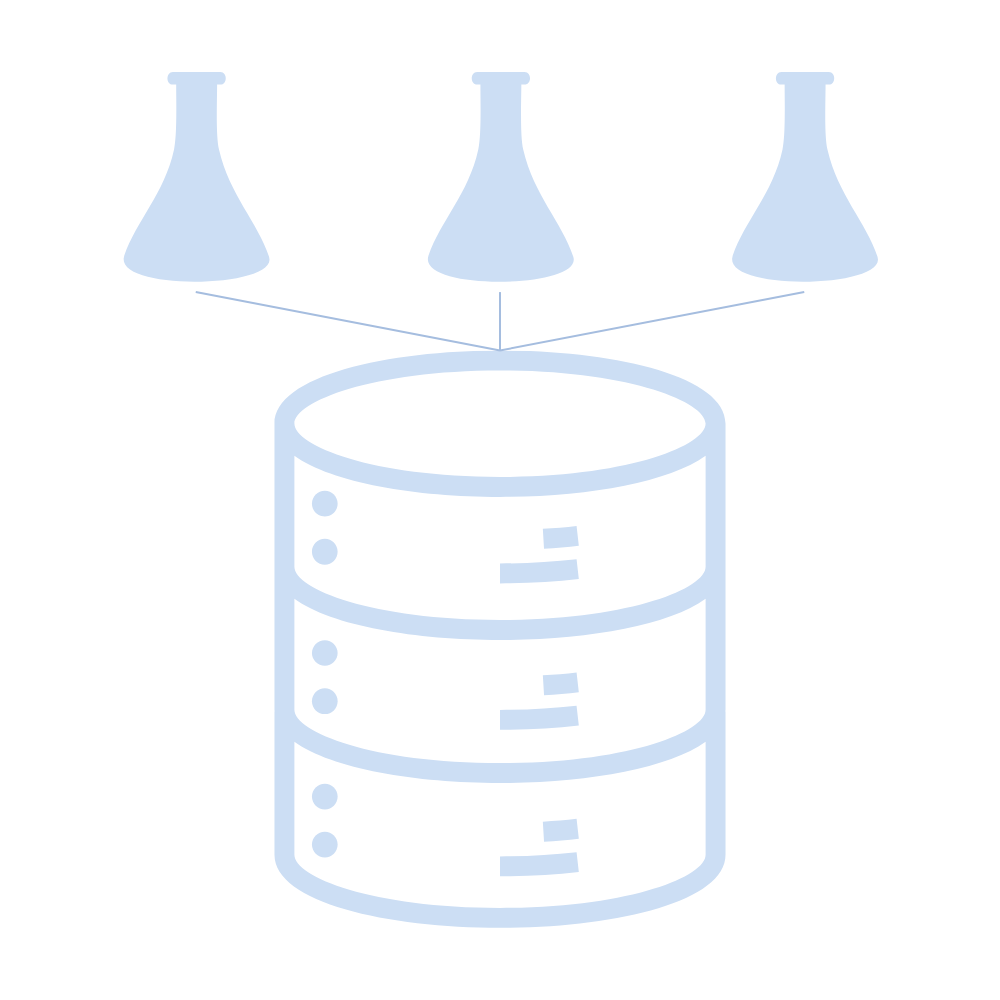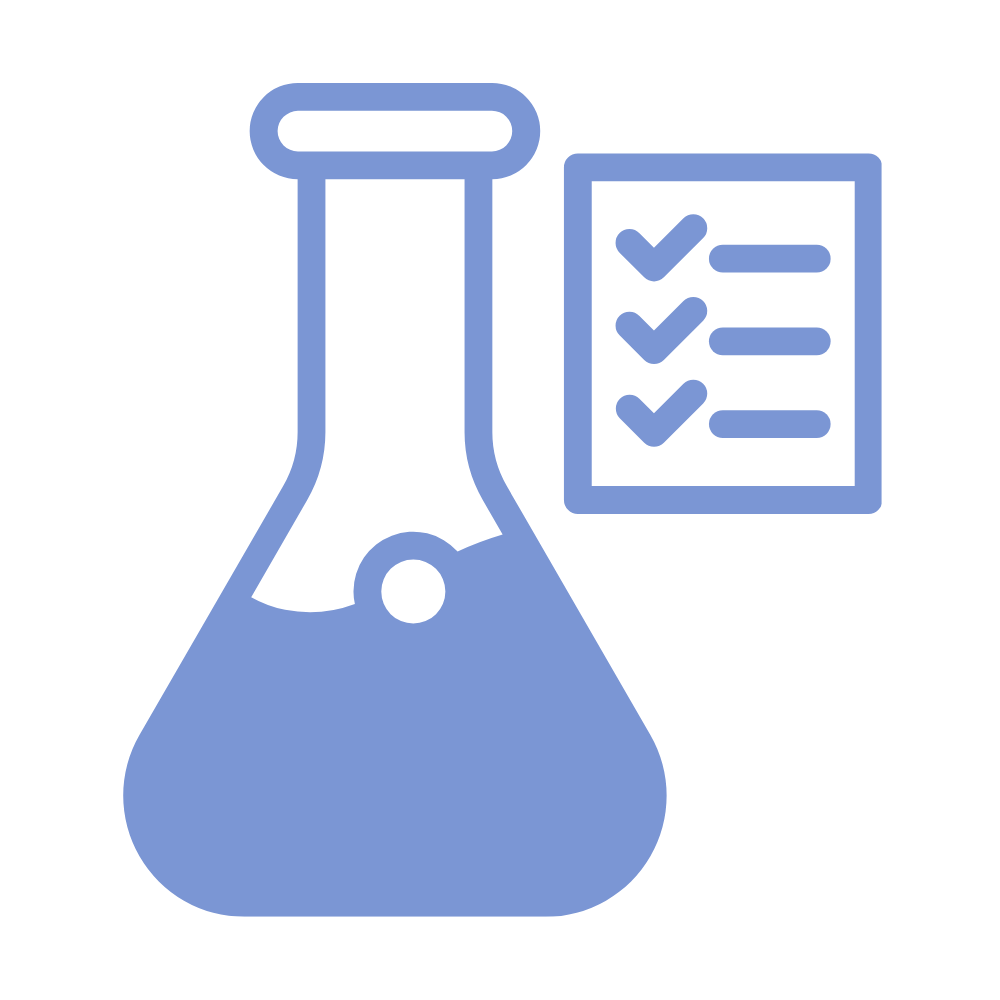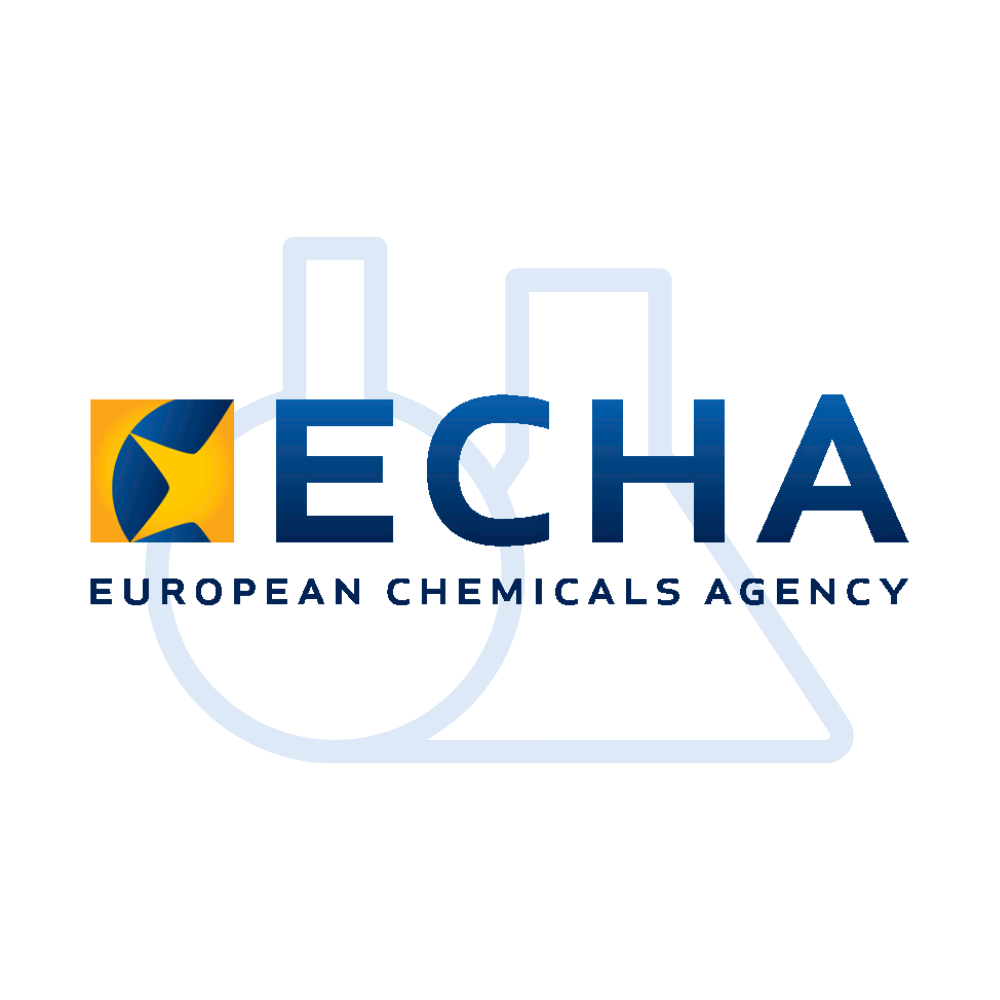What is PCN Notification?
PCN notification is an essential obligation under the EU CLP Regulation (EC No 1272/2008), aiming to ensure the safe use and traceability of hazardous mixtures across Europe.
As per Article 45 of the Regulation, each EU Member State must appoint Poison Centres to receive detailed information on hazardous mixtures placed on the market.
To help companies meet these requirements, Chemleg offers comprehensive Poison Centre Notification (PCN) services including dossier preparation, UFI management, and submission to the relevant Member States fully aligned with Annex VIII of the CLP Regulation.
Which mixtures require a PCN notification?
Under the CLP Regulation, any mixture classified for physical hazards (such as flammability, explosiveness, or oxidising properties) or health hazards (like acute toxicity, skin corrosion, or eye irritation) must be notified.
Typical examples include cleaning products, adhesives and sealants, paints and coatings, and automotive mixtures.
What are the requirements for a PCN notification?
Annex VIII to Article 45 of the CLP Regulation outlines the detailed requirements and harmonized submission format for PCNs. The key obligations are as follows:
- Notification requirement: Applies to all mixtures classified for physical and/or health hazards that require labelling.
- Unique Formula Identifier (UFI): A UFI must be generated for each hazardous mixture. This alphanumeric code must be included on the product label or in the Safety Data Sheet (SDS).
- Required information for notification:
- Product identification
- Supplier details
- Hazard classification
- Composition details
- Toxicological information
- Physicochemical properties
- Emergency response measures
- Harmonized format: Submissions must follow the harmonized XML format defined in Annex VIII, ensuring standardized processing by poison centres across EU Member States.
- Update obligation: The notification must be updated in case of significant changes in the mixture’s composition, hazard classification, or product identity.
Why is it important?
The harmonized PCN format and UFI codes allow poison centres and medical professionals to quickly access essential information. This helps ensure accurate diagnosis and treatment in poisoning incidents.
It also ensures consistency across the EU, reducing regulatory complexity for businesses while enhancing public health protection.
Chemleg’s PCN Submission & Notification Service Includes:
PCN Dossier Preparation & Review:
- Compiling and reviewing all required data (UFI, composition, toxicology, etc.)
- Ensuring full compliance with ECHA’s harmonized XML format
- Managing Mixture-in-Mixture (MiM) complexities
Submission via the ECHA PCN Portal:
- Uploading and submitting PCN dossiers on behalf of the client
- Selecting the appropriate EU Member States for notification
- Ensuring technical compliance to prevent rejection or errors
Member State Notification & Compliance:
- Handling national notifications in each relevant EU country
- Addressing Member State-specific poison centre requirements
- Monitoring submission progress and confirming completion
UFI Code Verification & Labelling Compliance:
- Verifying UFI codes within the dossier
- Providing guidance on correct UFI placement on product labels in line with CLP requirements
Regulatory Monitoring & Ongoing Updates:
- Monitoring changes to national PCN requirements and CLP-related obligations
- Updating notifications in the event of formulation, classification, or product identity changes
Who needs this service?
- Manufacturers, importers, and formulators placing hazardous mixtures on the EU market
- Companies requiring notification in multiple Member States
- Businesses looking for a seamless submission process and full regulatory compliance
If your company falls under these categories, complete the form to schedule a consultation with our experts.
Frequently Asked Questions
Are any product groups exempt from PCN notification?
The following are generally exempt from PCN requirements:
- Mixtures classified only for environmental hazards (e.g., H400, H410, H411)
- Substances on their own (not mixtures)
- Mixtures classified as gases under pressure or explosives
- Radioactive mixtures
- Mixtures under customs supervision
- Medicinal and veterinary products
- Cosmetic products
- Medical devices
- Food and feed products
What are the consequences of not submitting a PCN?
Hazardous mixtures without a valid PCN notification cannot legally be placed on the market in the European Economic Area. Companies failing to comply may face product withdrawals, financial penalties, and other legal consequences.
What if a product’s composition changes?
If there’s a significant change in a mixture’s composition, hazard classification, or product identity, the PCN notification must be updated. This ensures that poison centres have accurate and up-to-date information for effective emergency response.







